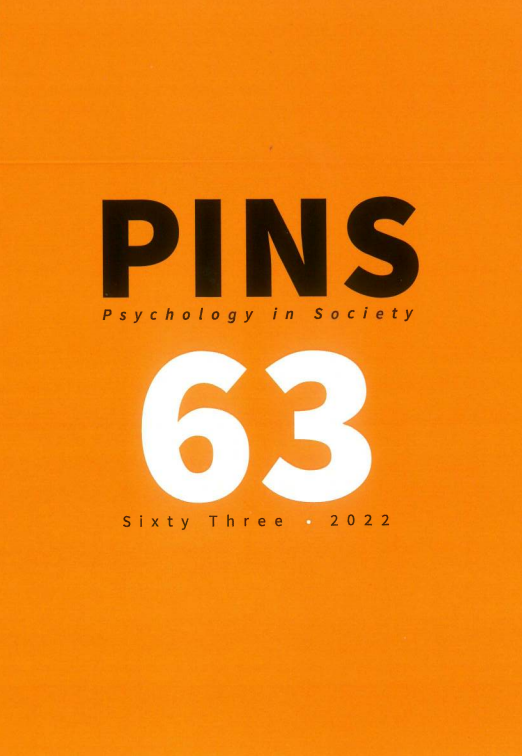Militarism or peace and justice: Psychology at the crossroads of climate change
DOI:
https://doi.org/10.57157/pins2022Vol63iss1a5439Keywords:
climate change, military pollution, environmental justice, greenhouse gases, nuclear weapons, Agent Orange, militarism, national security, napalmAbstract
Psychological research on climate change has shifted its focus toward the way climate change influences psychological well-being. An exclusive focus on the consequences of climate change is misleading because there is an urgent need to address causes of climate change. The leading institutional user of fossil fuel and the single largest producer of greenhouse gases is a military force. The common argument that individuals must think differently about climate change also applies to psychologists: Psychologists must start considering the impact of militarism on climate change and abandon their reluctance to address military pollution, environmental destruction, and the environmental impact of nuclear weapons. This reluctance is linked with the long-standing militarism within mainstream psychology. Psychologists cannot continue ignore or ally with militarism while militarism produces two global threats: A total nuclear war and climate change. Psychologists can find a more meaningful role in any society focusing on peace, justice and human rights, rather than militarism and national security. In the context of the environment, psychologists must choose to defend the planet, which is home to all. In the context of climate change, psychologists can chart a meaningful course of action only if they focus on environmental justice.
Downloads
Downloads
Published
How to Cite
Issue
Section
License
This journal is an open access journal, and the authors' and journal should be properly acknowledged, when works are cited.
Authors may use the publishers version for teaching purposes, in books, theses, dissertations, conferences and conference papers.
A copy of the authors’ publishers version may also be hosted on the following websites:
- Non-commercial personal homepage or blog.
- Institutional webpage.
- Authors Institutional Repository.
The following notice should accompany such a posting on the website: “This is an electronic version of an article published in PINS, Volume XXX, number XXX, pages XXX–XXX”, DOI. Authors should also supply a hyperlink to the original paper or indicate where the original paper (http://www.journals.ac.za/index.php/pins) may be found.
Authors publishers version, affiliated with the Stellenbosch University will be automatically deposited in the University’s’ Institutional Repository SUNScholar.
Articles as a whole, may not be re-published with another journal.
The copyright of the article(s) lies with the author(s).
The copyright of the journal lies with PINS-psychology in Society.
The following license applies:
Attribution CC BY-NC-ND 4.0 - https://creativecommons.org/licenses/by-nc-nd/4.0/

